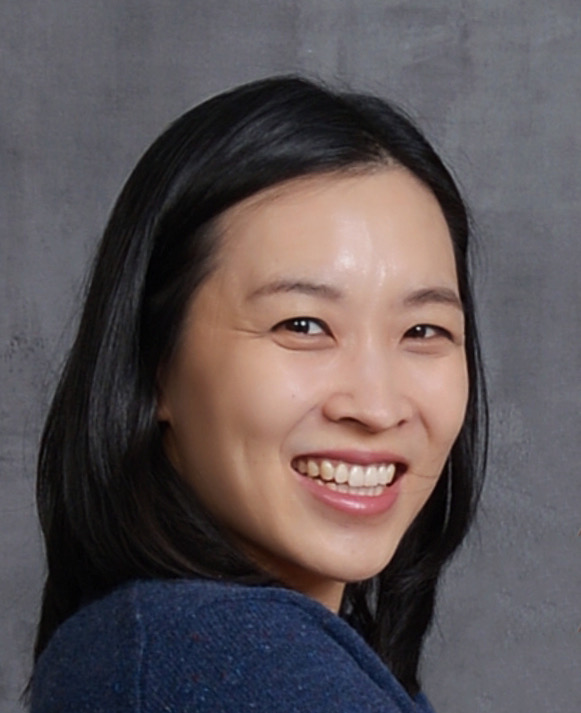Over the course of the past year, the term “moral injury” often has been used to identify the intense emotional, mental, and spiritual toll many of us feel after 14 months of COVID-19, the murder of George Floyd, and so many other distressful events we have shared as a society.
While frontline and health care workers faced unprecedented levels of mental, moral, and physical anguish, and disillusionment, news stories warned of a “parallel pandemic” of trauma and exhaustion. As COVID turned hospital settings into battlefields, they faced horrors beyond anything most could have ever imagined: mass casualties, inadequate equipment, short staffing, an invisible, unpredictable lethal foe, losses of team members, demands to triage the most acutely ill, and terrified patients dying alone — all within a health system in need of deep reform even before the pandemic.
For others, we may have experienced moral distress because we were not able to be with dying friends and family, mourn with others, or face everyday activities that became morally weighty, such as gathering during the holidays or entering public spaces as they reopened. As a society, we witnessed how the global emergency amplified inequities and systemic failures disparately felt by communities of color, particularly Black, Brown, Indigenous, and Asian persons.
We’ve seen real world examples of moral injury in recent events. During the trial over George Floyd’s murder by Derek Chauvin, moral distress was explicit in the testimony of eyewitnesses who confessed to feelings of guilt or remorse for not doing more to help him, despite there being little they could have done. They described how their lives were profoundly changed by their sense of failing to save him or even contributing to his death. The trial was extremely high stakes due to the far too long history of police brutality against Black people and law enforcement’s betrayal of public trust.
Moral injury is an identity crisis that changes people’s character. Some symptoms or signs include: disruption of one’s ability to maintain relationships with loved ones due to feelings of humiliation, anger, disgust or unworthiness; negative self-judgments; inability to “move on” with one’s life; deep, easily-triggered outrage; and a break with an existing meaning system or faith. It can also be a collective response to high-stakes situations that threatens the shared values of a group and leads to corrosive distrust of all institutions.
Unlike post-traumatic stress disorder, which is fear based, moral injury is the normal human response to immoral, chaotic life conditions that result in emotions such as outrage, guilt, or shame.
It is important and possible to tend to moral distress and strengthen resilience in these times. One way to begin is by cultivating self-compassion and care using:
Breathwork
Integrating breathing exercises, such as belly breathing with a body scan meditation, throughout our day can help manage moments of distress. Breathing, when consciously controlled, can lower stress, calm intense feelings, and quiet distracting thoughts. Breathing helps us be aware of our feelings and thoughts. As we observe their arising and let them depart with the rhythm of our breath, we can practice not being attached or driven by our immediate feelings and thoughts.
Processing moral injury or distress involves creating:
Ritual Spaces
Affinity spaces and collective rituals can help support us to integrate trauma and moral suffering as memories that, while painful, are sources of wisdom. Rituals such as writing, storytelling, making art or music, and meditation allow us to reflect and share about what we have experienced, as well as process painful memories.
Group Practices to Process Meaning
Moral injury is a break in our relationships, so recovery from moral injury and distress is a relational process. People who can receive our sharing and confessions without judgment, who can offer open, empathetic, and compassionate listening presence to process moral suffering, can be transformative. Releasing moral pain gives relief that creates space to process the pain, while listening to others’ experiences restores our capacities for empathy and compassion.
The term moral injury was first coined by psychiatrist Jonathan Shay in 1994, based on his work with veterans of the war in Vietnam, as “a betrayal of what’s right, by someone who holds legitimate authority (e.g. in the military, a leader), in a high stakes situation.” In 2009, a group of clinicians expanded the definition of moral injury to include “perpetrating, failing to prevent, bearing witness to, or learning about acts that transgress deeply held moral beliefs and expectations.”
While the pandemic is mostly slowing down due to increasing vaccinations, disaster models predict an impending period of continued and heightened stress. A delayed reaction is inevitable and normal, as people shift from survival mode to thinking about what they experienced and seeking to process their moral distress. Without a chance to process, it can deepen into moral injury and lead people to leave their careers, misuse drugs or alcohol, withdraw from significant relationships, or even take their own lives.
As one way to process moral distress, Volunteers of America has created a program for maintaining resilience called Resilience Strength Time or VOA | ReST. It is an online peer-facilitated, small-group process designed to help frontline workers, caregivers, activists, spiritual leaders, veterans, and anyone else wanting support for moral distress. Sessions are free and confidential. Learn more about VOA | ReST and register at www.voa.org/rest to sign up for a group.



